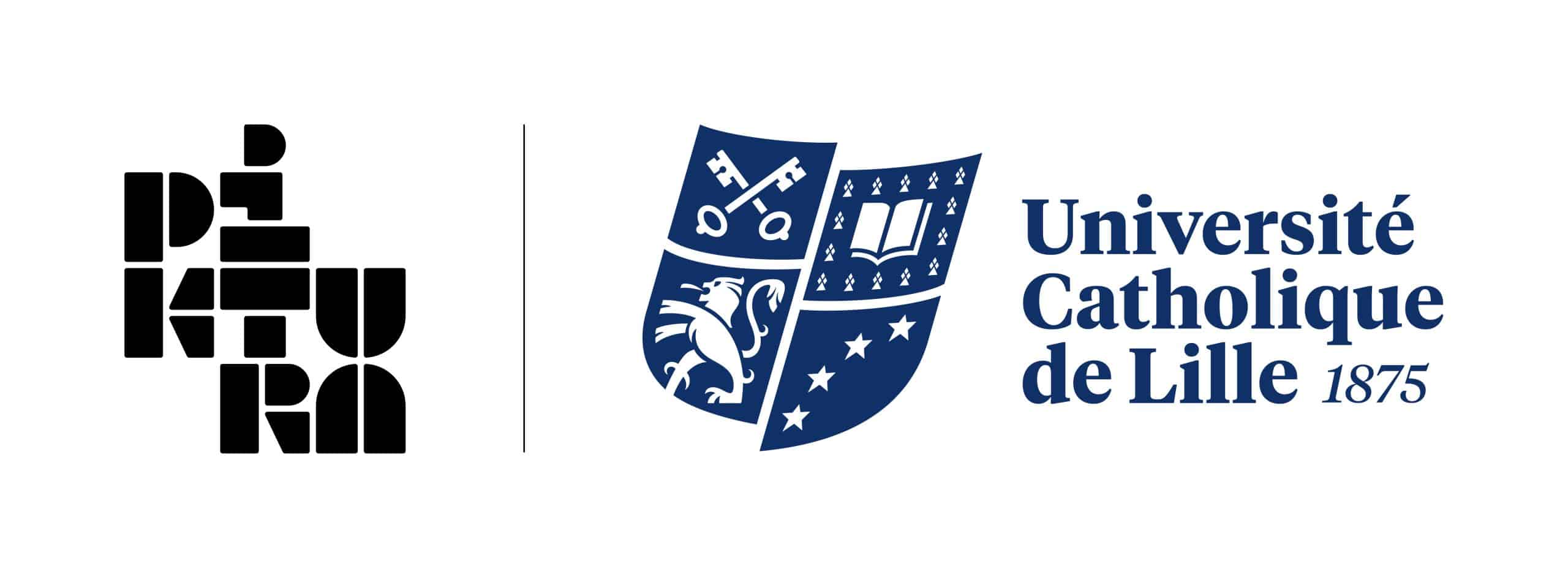
Spé Game Art: Sculpting 3D
Etablissement : PIKTURA Ecole de l’image
Langue : Français
Formation(s) dans laquelle/lesquelles le cours apparait :
Période : S5
Connaissances génériques du métier de game designer
-
Core mechanics : création, définition et utilisation
-
Boss design
-
game design theory
Assimilation des connaissances théoriques GD enseignées à utiliser dans le cadre des exercices de groupe notés
Â
(Notions : Conceptualisation : 3C, reles & mécaniques, types de gameplay (symétrique / asymétrique, émergent…), structure OCR, signes & feedbacks, motivations & récompenses, Classification Bartle, gamefeel, courbes de flow et d’apprentissage, challenge & difficulté, tension ludique & narrative, feedback loops, processus de conception top down / bottom up.) → programme sur 2 jours avec 2 exercices notées à la clés (font office d’examen)


